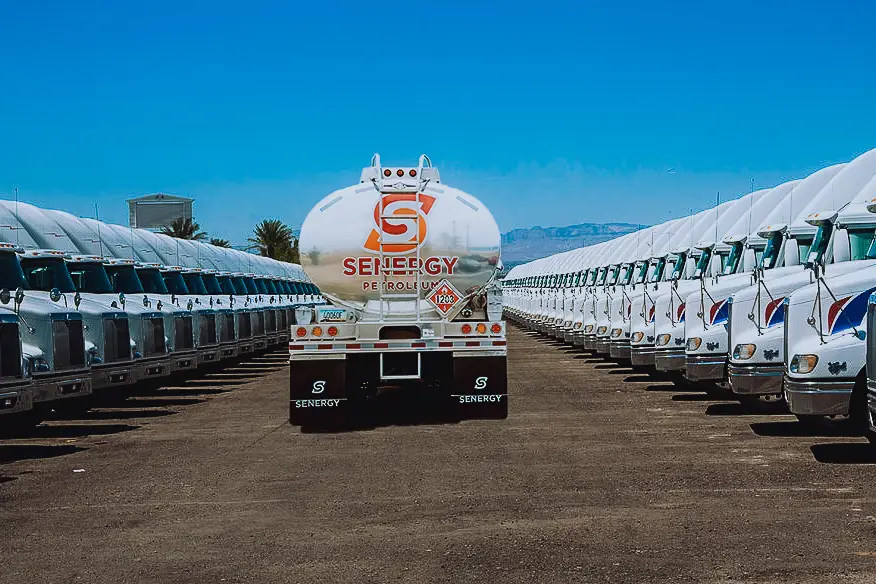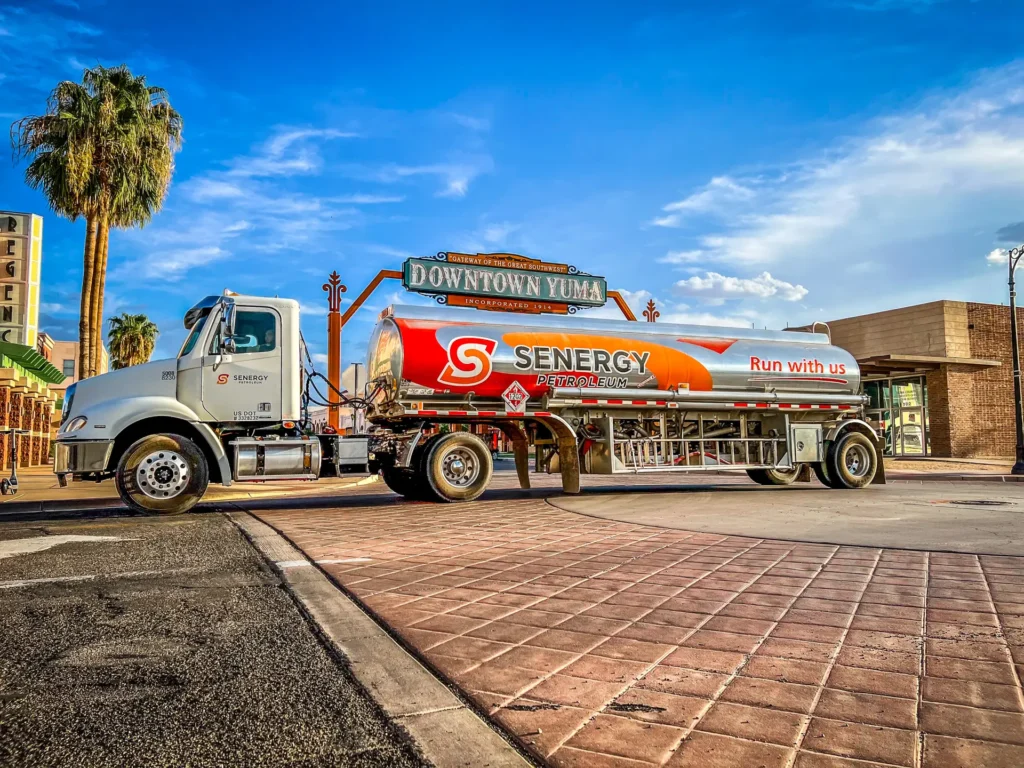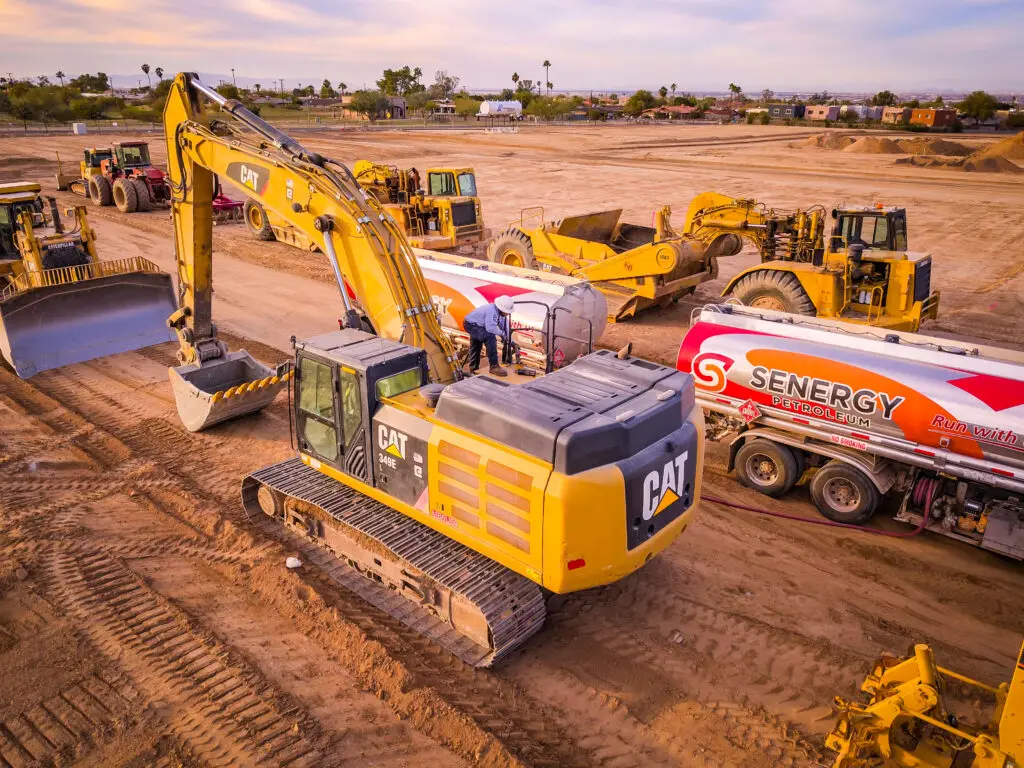Nobody likes dealing with downtime, especially when it involves a fleet of equipment or vehicles. Downtime means production stops, schedules are delayed, costs rise, and crews become frustrated. One often-overlooked cause of unexpected downtime is fuel—specifically, how it’s treated, handled, and stored. Preventative fuel care is the behind-the-scenes hero that keeps your operations running smoothly. While it might not be the most exciting topic, maintaining a solid fuel regimen can save you a lot of money and headaches.
Fuel powers your fleet, whether it’s trucks, generators, or agricultural equipment. But not all fuel is clean or ready for optimal performance. Contaminants like water, dirt, bacteria, and stale fuel can easily find their way into tanks and systems. When that happens, engines suffer. You’ll start noticing poor performance, reduced fuel efficiency, and, in worst cases, complete engine failure. That’s when the real trouble begins.



